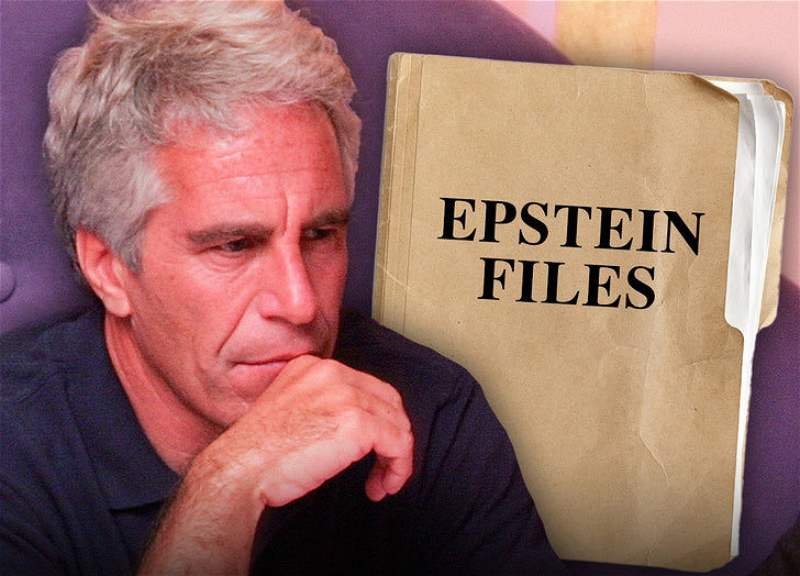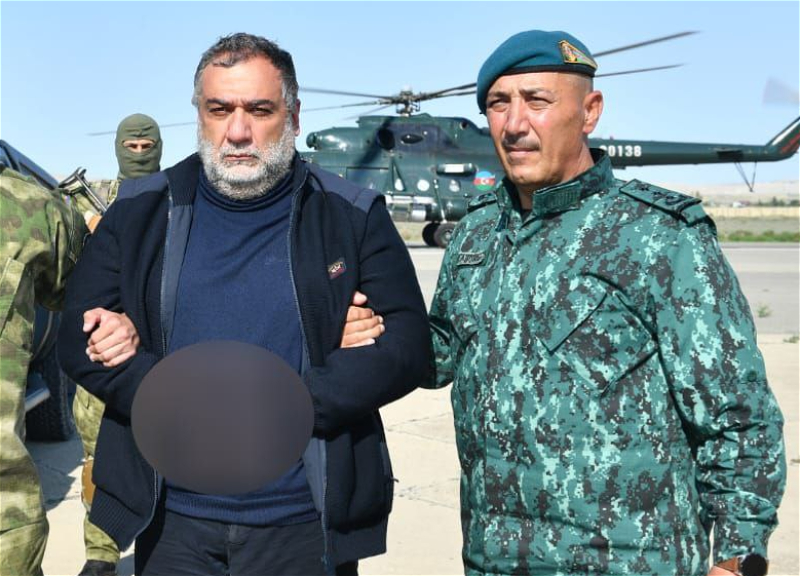Armenia on the Threshold of the Fourth Republic: The Strategy of “Civil Contract” and the Contours of the Future

Author: Namik Aliyev
Doctor of Law, Professor,
Ambassador Extraordinary and Plenipotentiary,
Head of Department at the Academy of Public Administration under the President of the Republic of Azerbaijan
At the 7th Congress of Armenia’s ruling Civil Contract party, Prime Minister Nikol Pashinyan presented an ambitious strategic agenda, at the center of which lies the formation of the Fourth Republic.
Among the priorities are a new Constitution and a course toward good-neighborly relations.
This course signifies not just another political cycle but an attempt at profound institutional transformation, including the adoption of a new Constitution, the rethinking of foreign policy, and the strengthening of internal sovereignty. For Azerbaijan, these developments are of clear interest in terms of the peace process and the prospects for signing a peace agreement once Armenia fulfills the commitments it has undertaken.
The Fourth Republic as a New Political-Legal Paradigm
In the Armenian context, the concept of a Fourth Republic is not merely a change of political regime but the creation of a new social contract. It primarily entails a reset of constitutional foundations: redistribution of powers among the branches of government, possibly revising the roles of parliament and the executive power, strengthening systems of checks and balances, and eliminating territorial claims against Azerbaijan.
Another necessary condition is popular legitimization of the changes: the party plans to appeal to citizens during the 2026 parliamentary elections to extend its mandate, and then initiate the drafting and adoption of a new Constitution via a nationwide referendum. This underscores a desire for institutional stability through democratic procedures.
For Civil Contract, this means preparing politically for constitutional reform: launching public discussion on the future Constitution, forming expert platforms, ensuring inclusiveness by involving the opposition, the diaspora, and civil society; preparing for the referendum while observing all procedures of transparency and legitimacy. Given the existing internal divisions in society, this will not be an easy task.
Sovereignty and Territorial Integrity: A Stake on International Law
Armenia has declared as its immutable goal the preservation of the inviolability of its internationally recognized 29,743 sq. km of territory, referring to the Alma-Ata Declaration of 1991 as the foundation for the recognized borders of the former Soviet republics. This statement simultaneously underscores its commitment to international law as the cornerstone of sovereignty and signals a desire to institutionalize the territorial issue—to eliminate external claims and internal doubts about borders.
The task has been set to fulfill the mandate of establishing peace and good-neighborly relations with surrounding states, securing these principles institutionally on the basis of respect for sovereignty and internationally recognized borders. How long we urged them to this necessity…
Civil Contract stresses its commitment to a policy of good-neighborliness, based on:
- respect for sovereignty,
- recognition of international borders,
- creation of institutional mechanisms of peace.
This implies possible steps toward concluding treaties with neighbors (above all Azerbaijan and Turkey) that would legally enshrine the principles of non-aggression and mutual recognition (since in Armenia’s case, the UN Charter and the Helsinki Final Act of 1975 are evidently not considered sufficient).
Foreign Policy: Between the EU and Russia
Pashinyan has outlined a course toward a balanced foreign policy, prioritizing two directions:
- Integration with the European Union. Stepping up efforts in this direction signals an orientation toward democratic standards, economic development, and political modernization. Armenia will seek to deepen dialogue with the EU through technical and political negotiations on convergence programs, as well as the development of infrastructure and digital projects.
- Maintaining relations with Russia. The prime minister described these as undergoing a phase of transformation but emphasized that the process is constructive. Armenia seeks to sustain pragmatic dialogue with Russia: revising the format of defense cooperation, participating in the renewal of the Armenian-Russian agenda. Maintaining military-technical cooperation and political dialogue with Moscow remains, in Yerevan’s view, an important element of regional stability.
At the congress, Nikol Pashinyan declared that Armenia would proceed along the path of strengthening relations with Russia, which are in a phase of transformation:
“We have established military-technical cooperation with many countries while continuing to engage with the Russian Federation, whose importance is hard to overestimate. Relations with Russia are in a stage of transformation. Allow me to express the view that this is a constructive transformation, and on this basis we will pursue the strengthening of relations with the Russian Federation.”
Such a “policy of balancing” reflects Armenia’s aspiration—as the “former outpost”—to avoid geopolitical isolation, to remain open to various external vectors, and not to set European integration against cooperation within regional structures (including the CSTO and the EAEU). At the same time, one must recall the repeated statements by Russian officials regarding the incompatibility of simultaneous membership in the EU and the Eurasian Union, in NATO and the CSTO.
Summing Up
The goals announced at the Civil Contract party congress point to its intention to begin a new stage in Armenia’s history. The strategy of the Fourth Republic is an attempt to merge the ambitions of national revival with the realities of the country’s geopolitical situation.
The key challenge will be to implement these objectives without losing internal stability and while preserving balance among global centers of power. Through domestic mobilization and modernization, the Armenia in transformation must address tasks such as strengthening public trust in institutions, combating corruption, reforming the judicial system, and pursuing educational and cultural policies that shape the identity of the Fourth Republic.
For this, Armenia will require, first, a wise, professional, and responsible political elite capable not only of declaring goals but of translating them into concrete, effective decisions. And second, a fundamental change in the ideology of society—a path that lies through REPENTANCE.






